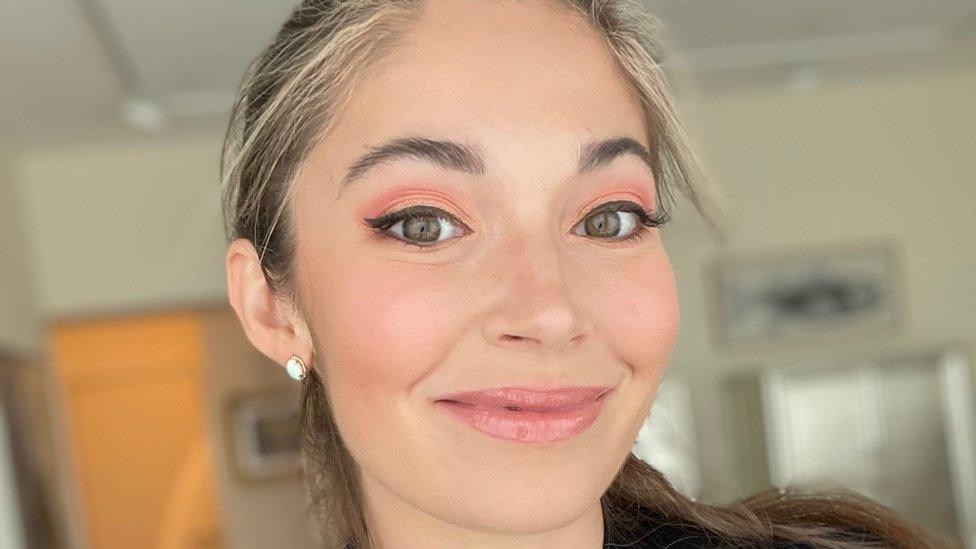Rise in hate crime reporting: 'Verbal and physical abuse happens daily'
- Published
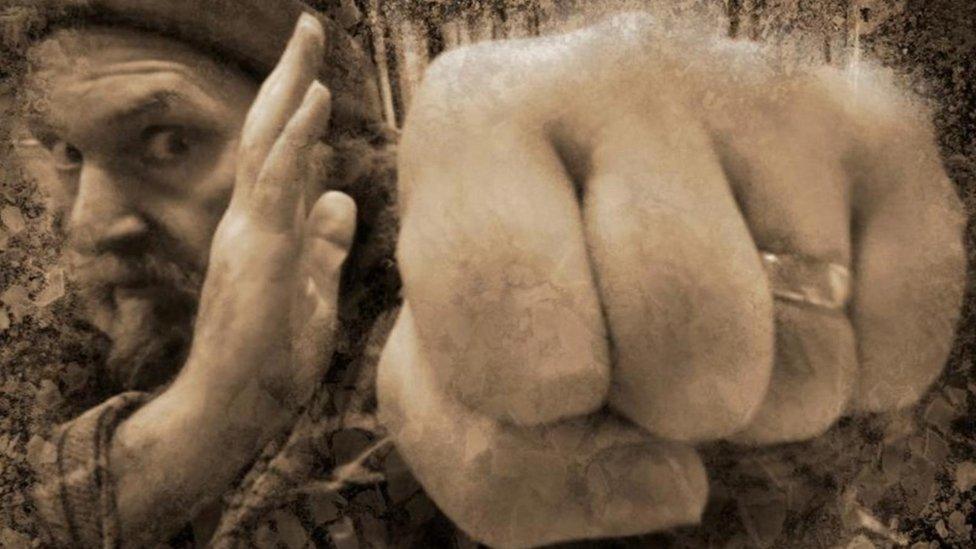
Al Davison uses a wheelchair and says verbal and physical abuse is common
The number of hate crimes recorded by police across the West Midlands region has risen by 35%, the second highest in the country, Home Office figures show.
Religious hate crimes saw the largest yearly increase in the number recorded, up 158% to 967, with crimes against disabled people up by 67%.
The Home Office said the overall rise could be due to better recording by police.
Wheelchair user Al Davison said said he suffered abuse "almost every day".
The 62-year-old comic book artist, born with spina bifida, said he had been chased and had stones thrown at him in the street and had to deal with extreme right wing groups "who seem to have a particular thing about disability", he said.
He runs the Tag! Artwork book shop in Coventry's Fargo Village with his wife and his works record his personal experiences of hate crimes throughout his life.
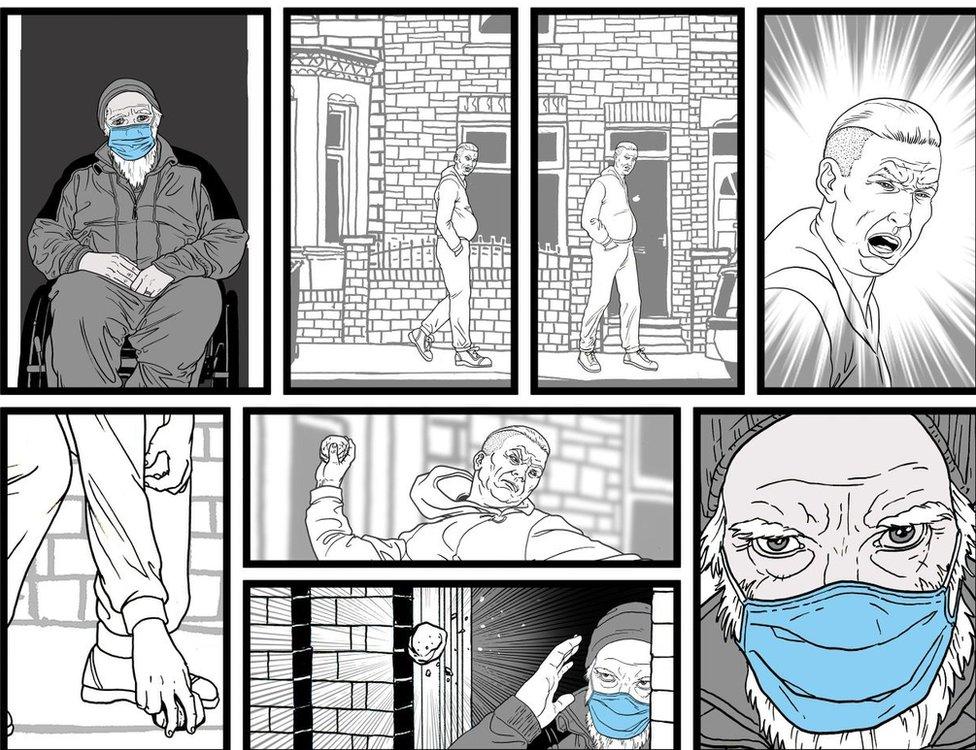
The works of Al Davison record his personal experiences of hate crimes
A "typical" example, he said, was a woman stopping him in the street to ask where he thought he was going.
"When I told her I was on my way to work, she said 'oh, they let you go to work do they'?
"And she was like, 'at the very least you can go to work in an ambulance so normal people don't have to look at you'."
More serious attacks had been reported to the police, he said, "but when I get verbal abuse I haven't reported it because it's not particularly provable, and there's probably more serious things to be dealt with".
He said he had witnessed increases in abuse around times of political instability.
The artist has previously been subjected to highly offensive ableist comments "and when austerity measures came in, that got replaced with scrounger", he explained.
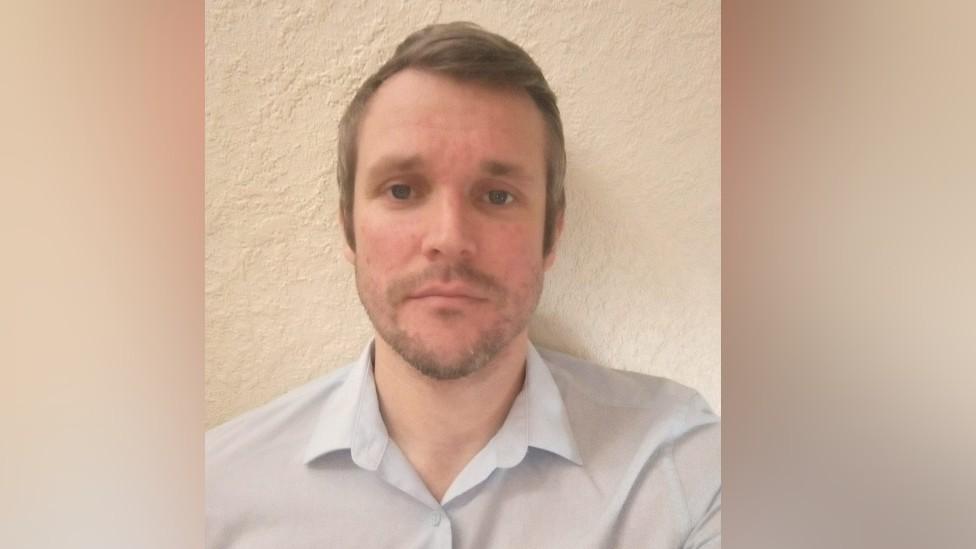
John-Paul Kesseler reported an attack on him to the police as a hate crime
"So the idea that you're faking your disability to get benefits, that became more prevalent," he said.
"And then the next big increase was after [the vote for] Brexit. Just the day after I had people telling me, 'we're getting our country back, that means you'll be the first one up against the wall'."
Ch Supt Mat Shaer, of the West Midlands force, said hate crimes were "horrible experiences" for the victims.
"We have seen a significant increase in reports in recent years, which we see as a positive as we increase confidence in victims and communities and remove barriers," he said.
John-Paul Kesseler, who reported being attacked with a wine bottle in Birmingham's Gay Village when walking hand-in-hand with a man, said putting a "positive spin" on the numbers of hate crimes reported was "utter bunkum".
"Friends of mine have been attacked both verbally and physically because of their sexuality and gender but they don't go to the police because they don't feel like anything will be done," the 39-year-old student said.
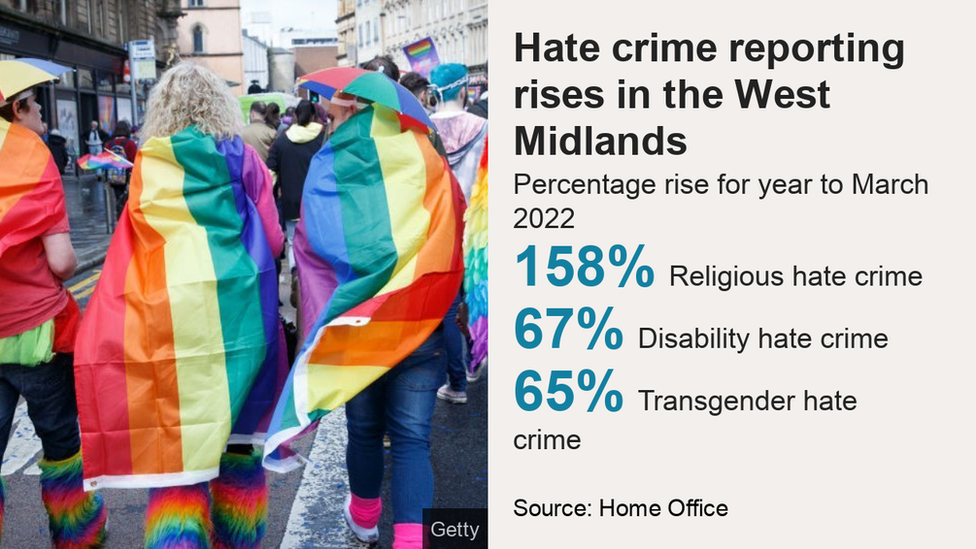
The region saw a 65% increase in crimes against transgender people. Hate crimes targeting people's sexual orientation also increased - by 52%, to 2,653.
Crimes were still being "massively underreported", he added.
To decrease incidents required an "active desire from people who are in a position of power to want to see these numbers reduced", he said, accusing the government as using transgender issues as "political football".
"And what does that do to trans people around the country, that just opens the floodgates for them to be abused," he said.
"And when you allow abuse to happen to one minority group people feel emboldened to do so to others.
"It needs the people at the top to actually care about this as a problem."
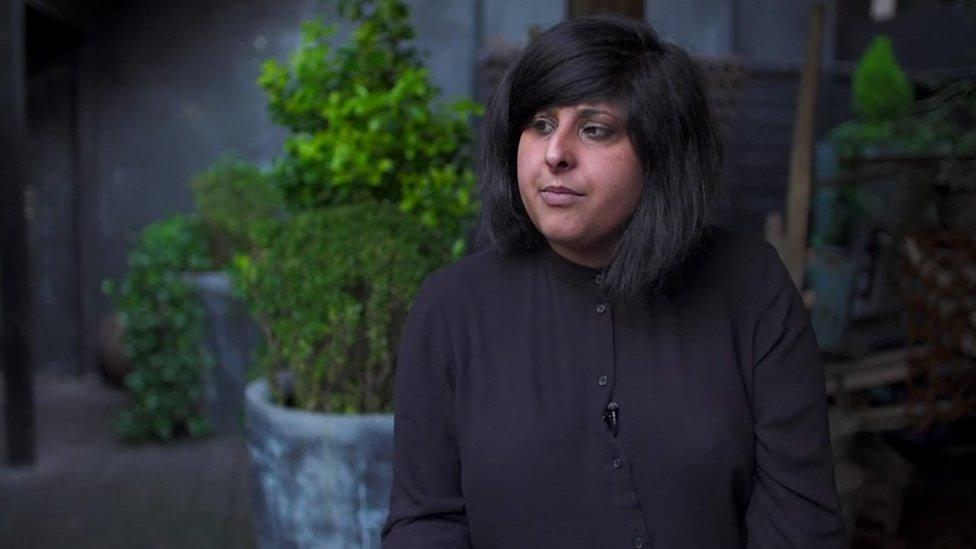
Saima Razzaq, from Birmingham Pride, says better engagement strategies throughout society are needed
People from minority groups are "constantly under attack", said Saima Razzaq.
The head of change and communications at Birmingham Pride said it was "really disappointing that we're seeing a rise in attacks on mosques, attacks on temples".
"You'd think that as a society we wouldn't be dealing with this but unfortunately those engagement strategies between communities just don't exist," she added.
In terms of LGBTQ+ hate crimes in Birmingham, the police had always been "supportive", she said, adding "there's only so much they can do when they're so underfunded".
The Home Office said there were multiple factors in the increasing number of hate crimes recorded including growing awareness and improvements in crime recording.
It also said the annual percentage changes seen over the past year were partly due to lower levels of crime recorded by the police due to Covid restrictions.

For support and advice on these issues visit BBC Action Line.

Follow BBC West Midlands on Facebook, external, Twitter, external and Instagram, external. Send your story ideas to: newsonline.westmidlands@bbc.co.uk
- Published7 October 2022
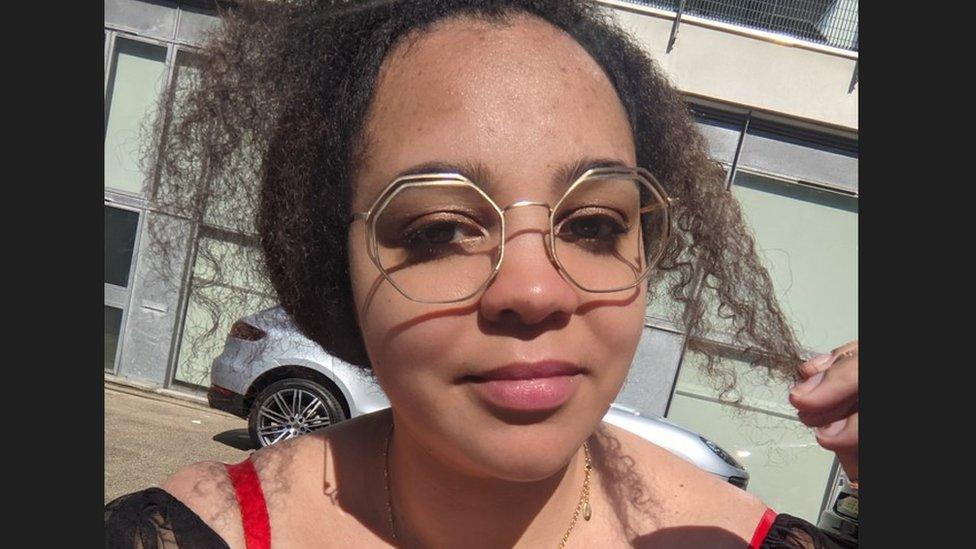
- Published6 October 2022
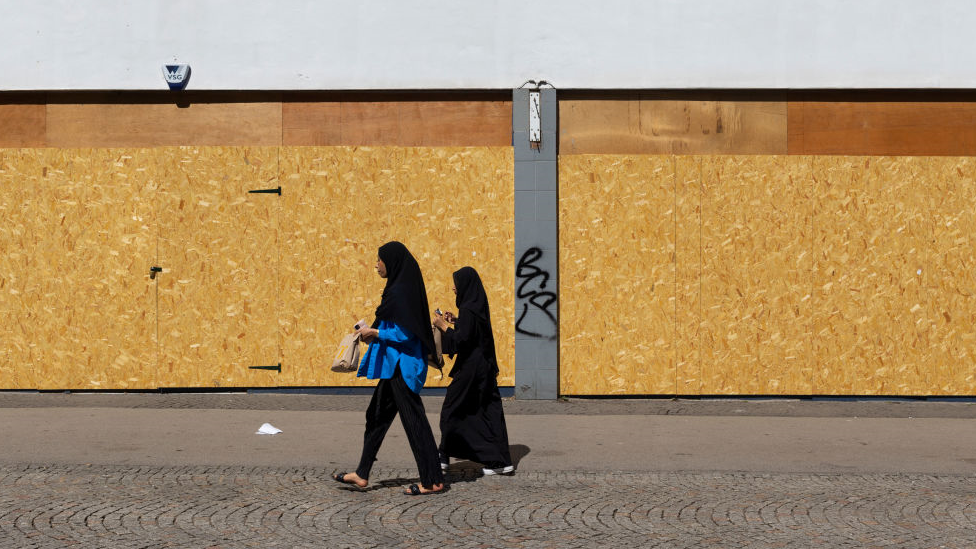
- Published6 October 2022
